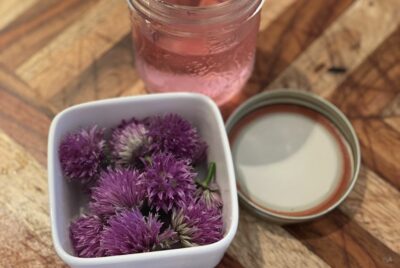RESEARCH
Design of Evidence-Based Gardens and Garden Therapy for Neurodisability in Scandinavia: Data From 14 Sites
Summary
This paper examines the design and therapeutic benefits of gardens for individuals with neurodisabilities in Scandinavia, based on data collected from 14 sites across Sweden, Denmark, and Norway. The study highlights how gardens are adapted to meet the needs of clients with conditions such as dementia, Huntington’s disease, and brain injuries. Features like sensory plants, wheelchair-accessible pathways, raised beds, and enclosed spaces are common in these therapy gardens. Gardening activities promote physical movement, cognitive challenges, and social participation while providing a calming environment. Additionally, indoor plants and views of nature from windows were found to have restorative effects. The study also emphasizes the importance of simple garden designs that encourage flexibility and ease of use.
The research found that therapy gardens offer significant benefits for clients, staff, and families by reducing stress, improving mood, and fostering social connections. Activities such as cooking, crafts, and exercise were integrated into garden programs to enhance engagement and provide opportunities for vocational training. Despite these benefits, challenges such as funding difficulties and maintenance issues were noted. The paper concludes by recommending evidence-based garden designs that prioritize accessibility, therapeutic features, and adaptability to local climates for use in care facilities worldwide.







